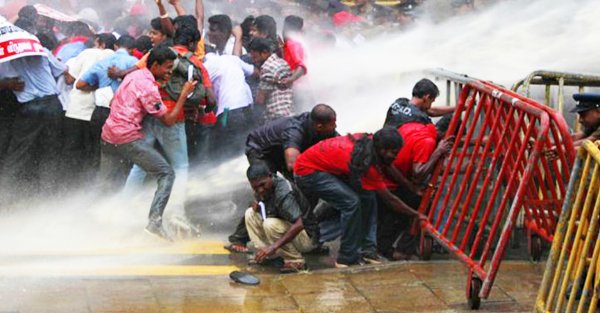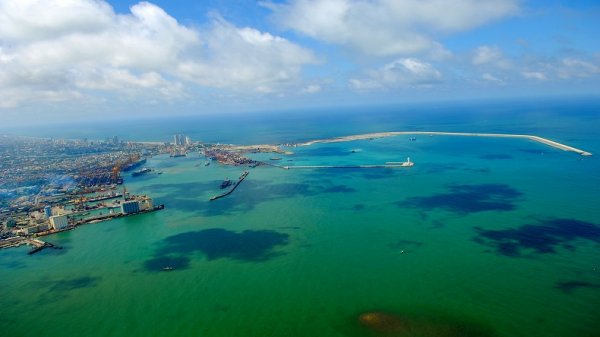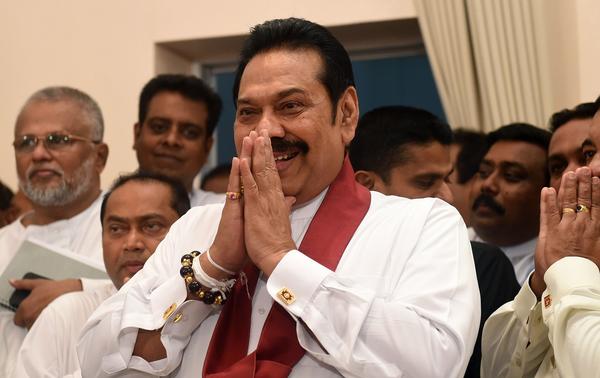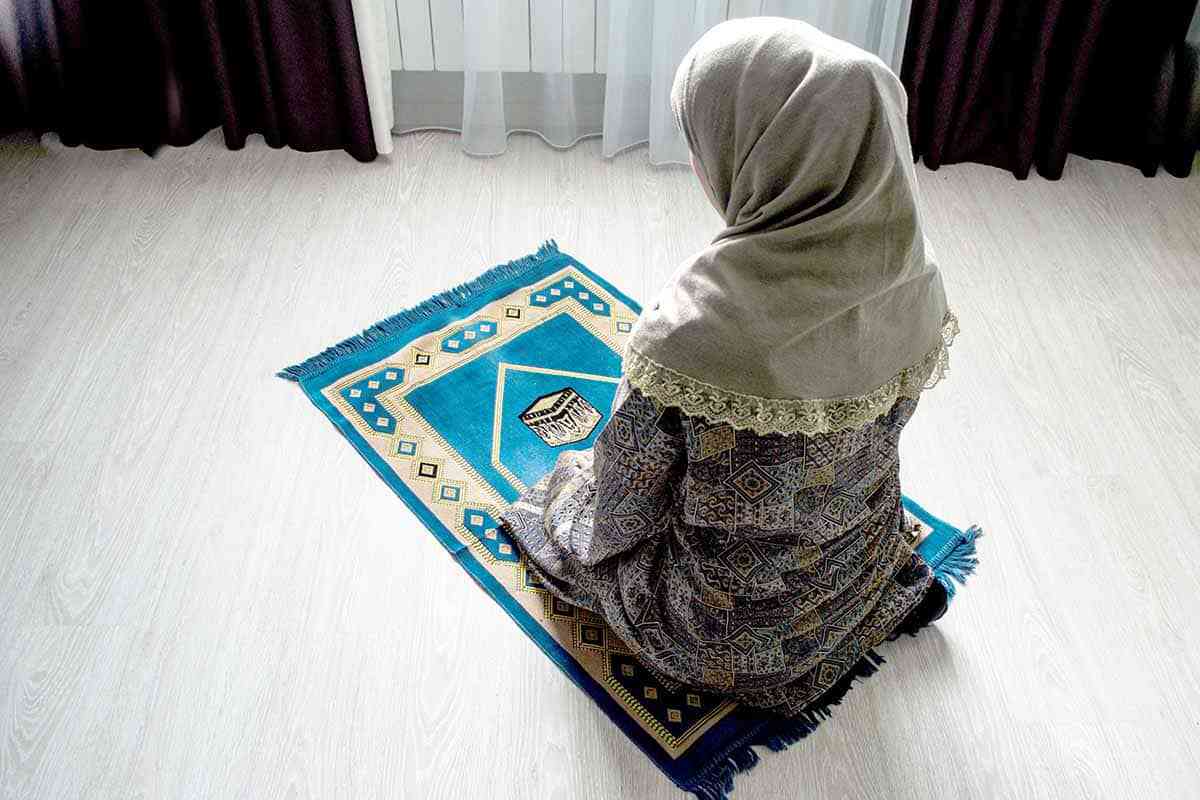
Ramadan this year was observed in a manner very different from how the holy month for Muslims is usually celebrated. Instead of mosques full of worshippers, iftars shared between families and friends and visits to and from relatives, Muslims spent this year fasting under curfew in their homes. Despite anxieties about the spread of COVID-19 and uncertainty towards what the future holds, however, many Sri Lankan Muslims discovered new ways to recreate a sense of community, share the giving spirit of the month, and adapt their celebrations to the current conditions.
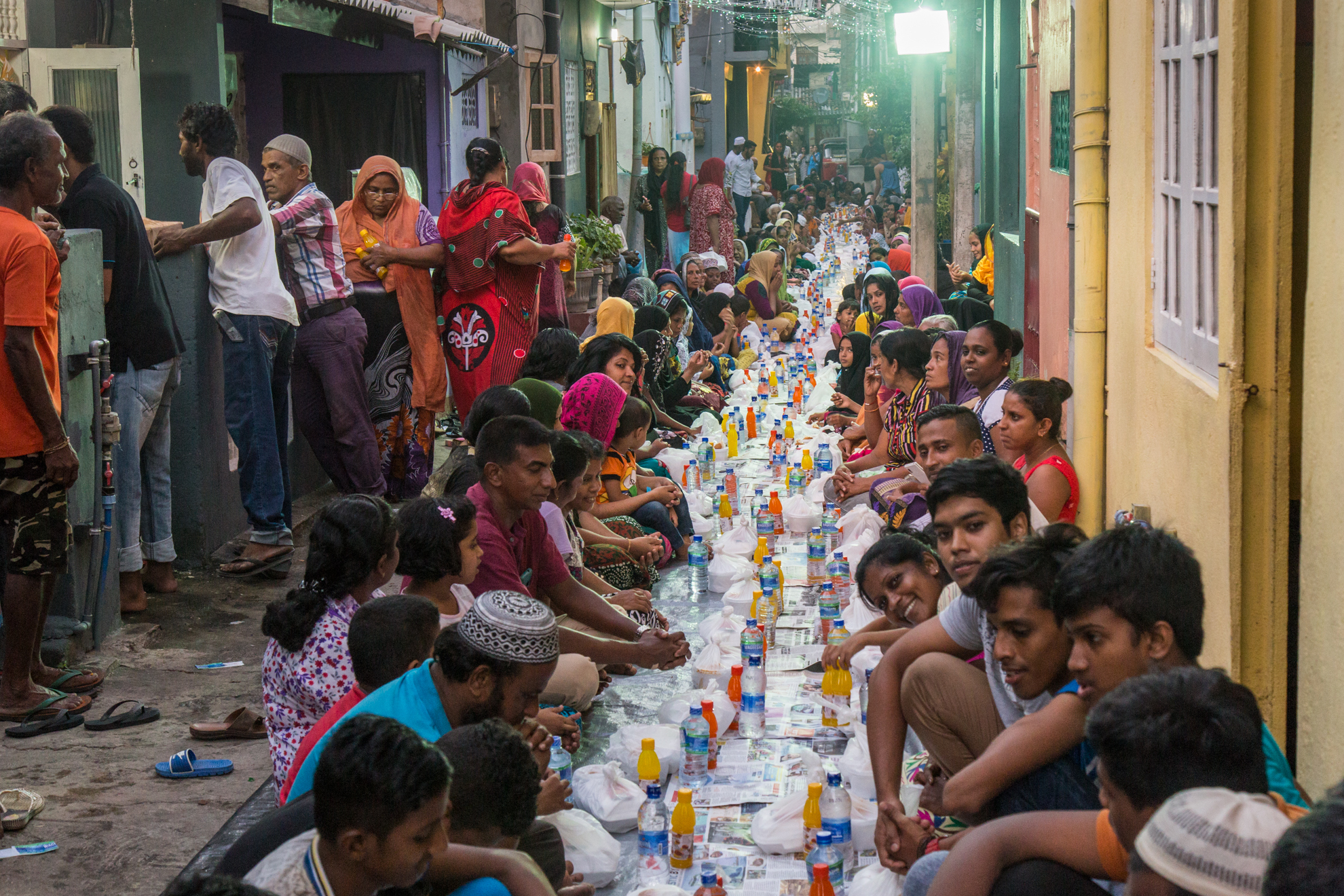
Photo credits: Roar Media / Nazly Ahmed
Keeping In Touch
While many Muslims may have been craving a sense of community this Ramadan, being quarantined may have nudged them closer towards the true meaning of the month. “In a way, we’re relating to the actual spirit of Ramadan during the time of the Prophet (peace be upon him),” Sheikh Muiz Bukhary (32), an Islamic scholar and speaker told Roar. “Back then, Ramadan was a month of solitude. A time to introspect, to reflect, and to get closer to Allah.”
He explained how Muslims all over the world adapted to the current situation. “All over the world, we’ve been forced into taking on a digital presence. Scholars, preachers, and Islamic institutions all took to the Internet to offer a sense of virtual community.”
Sheikh Bukhary himself has been hosting virtual sermons on Instagram, in place of those that would normally be delivered at Friday prayers. But this sense of community extends beyond these religious gatherings. “I have family locally as well as abroad, so we have these online sessions to check up on each other. We share little things, little experiences, just to keep our minds off the glaring headlines and the numbers increasing and just to keep in touch.”
A Ramadan in lockdown may have also pushed us to appreciate what we take for granted. “It often happens that we tend to be connected to our wider communities or a digital community, but very much distanced from the people seated right next to us,” Sheikh Bukhary said, adding that, “to rekindle that spirit of community, we first need to appreciate the time we have with our own family members.”
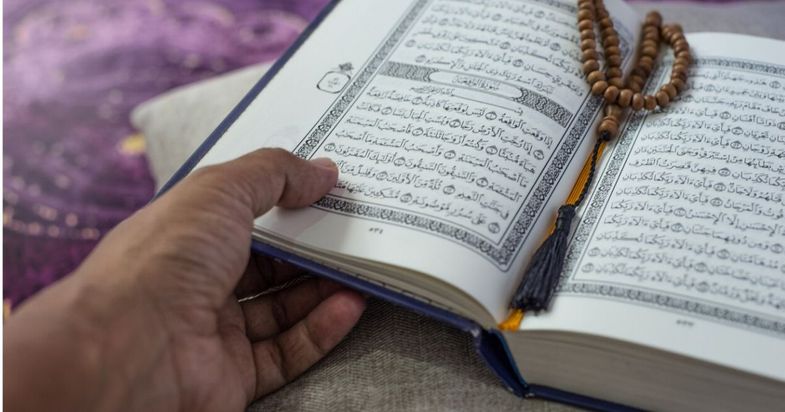
Photo credits: sg.theasianparent.com
Multiplied Blessings
Charity, alongside fasting during the month of Ramadan, is one of the five pillars of Islam, and Muslims tend to give more generously during the holy month. For Saadiqa Fauz, who runs the charity Families Relief, the consistency of donations — even in the midst of a pandemic — has been a welcome surprise.
In the weeks immediately after curfew was imposed, Families Relief only raised money for packs of dry rations. While they did manage to obtain curfew passes and purchase the supplies for the rations, the main challenge she faced was with the administrative work. “When we do a project, every donor gets a report, a receipt, and photographs if they’re available. So there’s a lot of work involved in that, and with the coronavirus, we haven’t been able to meet up to do it.”
Since the country went into lockdown, Fauz said the charity did not make any other appeals besides for food packs. “But then, in the past few days, we’ve been putting in other appeals, and the donations have been coming in,” she said. “I am quite surprised, I never expected this, since there’s no business even. But this is a different month no, altogether? Everything is multiplied, so Allah is multiplying this also, mashaAllah.”
Curfewed Celebrations
Despite the relatively sombre mood of this Ramadan, many Muslims found their silver lining in being able to observe the month in a brand new way. “It feels very peaceful this year,” Fazliya Hussain (52), a counsellor at the Islamic Careline Council and mother-of-three said. “We do love to go to the masjid [mosque] and pray, but now we have more time for prayers and zikr [remembrance of God]. Most of the time we have so much work, but this year there’s more of a focus on spirituality, and that’s special.”
She added that most years, they would visit relatives and buy and give gifts during Ramadan. “We love that, but this year, no shopping means no vehicles and pollution, so it’s good for the environment as well,” she said.
Despite the uncertainty clouding the coming weeks and months, Hussain and her family have prepared to celebrate Eid [Islamic festival] however best they can. “We’ll wear whatever the best clothes we have and celebrate in whatever way we best can, inshaAllah,” she said. “So many people haven’t been able to celebrate their festivals this year, so we have to think about them also. Especially at this time, empathy is so important.”
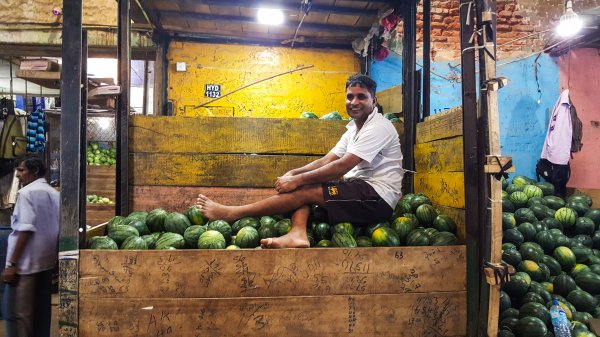
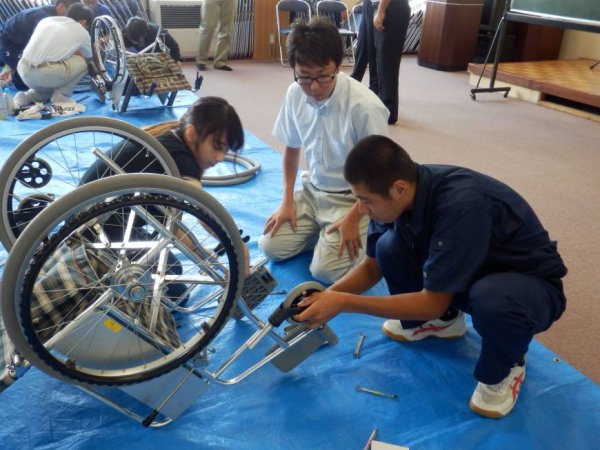

.jpg?w=600)
